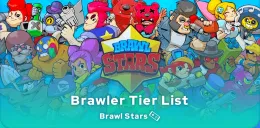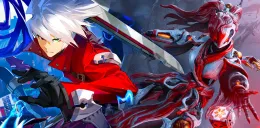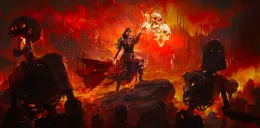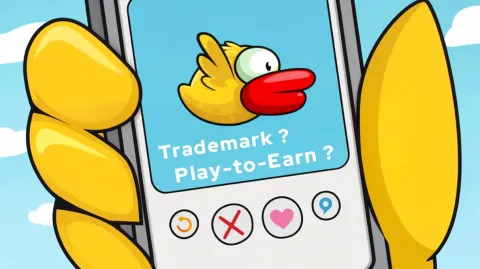
Flappy Bird: what are the reasons for the controversy?
Last week we told you about the return of Flappy Bird. Since then, the announcement has caused quite a stir in the gaming world. Let's take a look back at the drama to understand what's at stake with the new Flappy Bird, between trademark registration and blockchain.
Flappy Bird 2.0, or the story of a brand abandoned by its creator
To fully understand all the ins and outs of this story, we first need to go back to 2014, when Flappy Bird was withdrawn from the stores at the decision of Dong Nguyen, the game's creator.
If today, in 2024, games are closing down because they're no longer generating enough money, that's far from the case with Flappy Bird, which at the time was generating more than $50,000 in daily revenue (making it the most lucrative game on the Play Store). If Flappy Bird disappeared from the stores overnight, it was because of what it had become for many gamers: a veritable addiction.
“Flappy Bird was designed to play in a few minutes when you are relaxed. But it happened to become an addictive product. I think it has become a problem. To solve that problem, it's best to take down Flappy Bird. It's gone forever."
Its creator said in an interview with Forbes in 2014 that he felt guilty for getting a large part of the community addicted and that the guilt was too much to bear. When Flappy Bird closed in 2014, Dong Nguyen applied to register the trademark with the US Patent and Trademark Office.
In 2024, Gametech Holdings took Dong Nguyen to court in a bid to acquire the rights to Flappy Bird. Contrary to all expectations, the original creator of the game never attempted to recover these rights, nor did he make any representations to the relevant authorities.
The Flappy Bird brand, which has been inactive since 2014, was considered abandoned, which allowed Gametech Holdings to recover the rights free of charge, and then to sell them to the Flappy Bird Foundation (the amount of this transaction is unknown).
Nguyen emerged from his silence as soon as Flappy Bird's return was announced to explain that he was not behind the project and that he was against crypto. Which brings us to our second point.
Blockchain, crypto, Web 3... what's behind the new Flappy Bird?
While searching the site of the new Flappy Bird, Internet users unearthed a now-deleted page mentioning, among other things, Solana and Web 3.
Solana is none other than a blockchain platform with its own cryptocurrency, SOL, enabling cryptocurrencies to be exchanged and NFTs to be generated.
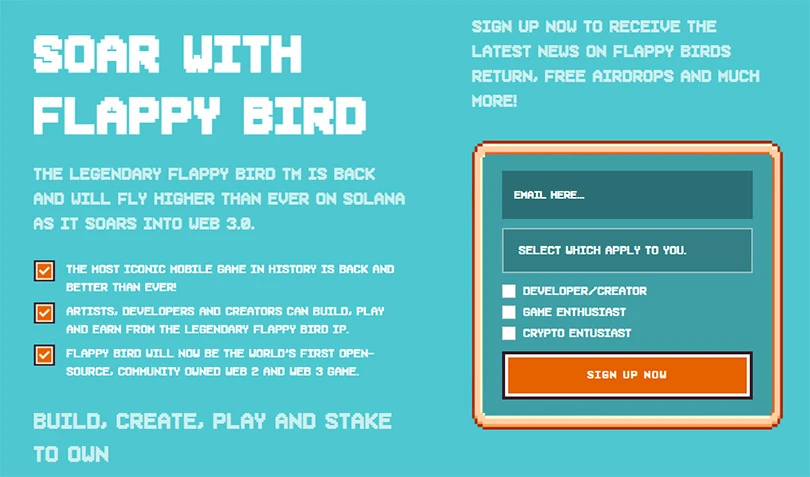
According to the deleted page, Flappy Bird would be available on this platform and would also use Web 3, a decentralised space built from open-source blockchain and without intermediaries (in other words, without the intervention of major tech companies). Web 3 is owned by the users, who can make it evolve constantly.
Does this mean that the new Flappy Bird will be a Play-to-Earn blockchain game like Axie Infinity or Ni No Kuni, for example? Well, maybe.
Flappy Bird arrives on Telegram via the TON network
On Monday, Flappy Bird arrived on Telegram with a time-limited event called 'Flap-a-TON', consisting of "mining points before the fully redesigned Flappy Bird launches on Web 2 and Web 3". The TON actually refers to the Ton Blockchain, an open-source network developed by Telegram that also has its own cryptocurrency, Toncoin.
This event on Flappy Bird is therefore Play-to-earn oriented and even offers access to a crypto wallet, in addition to the classic F2P mechanics we're all familiar with.
The Flappy Bird Foundation run by a Web 3 expert
Here's another reason why we think that Flappy Bird will ultimately be a blockchain-based game. On enquiry, we learned that the Flappy Bird Foundation is owned by a certain Michael Roberts, a developer, game designer, creative director and also a fervent defender of blockchain. Roberts owns the studio 1208 Productions, a pioneer of Web 3.
We know that everything to do with cryptocurrencies and blockchain is controversial. But is it any more problematic than microtransactions, in-game currencies (which have been singled out by European associations) or the deceptive practices of gacha? I leave it to you to answer that question.
In any case, you now know a little more about the drama currently unfolding around Flappy Bird. A lot of this information will have to be confirmed when the game is released on browsers and stores, at which point everyone will be able to choose whether or not to play it!
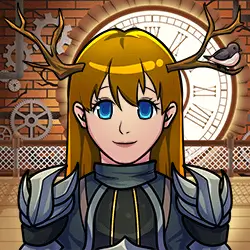
Follow us on our social networks to stay on top of mobile gaming news wherever you are!
Similar articles
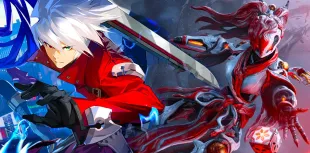
Recap #212: mobile games news of the week
In recap #212, we take a look at the week's must-have mobile games releases, mobile news and pre-registrations/test phases not to be missed. Sit...
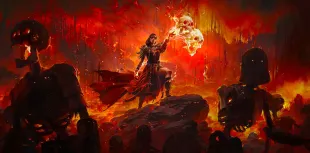
Path of Exile mobile: development, release date, here's what we know
If you've been following mobile games news over the last few years, you may know that Path of Exile mobile has been announced. What do we know ab...
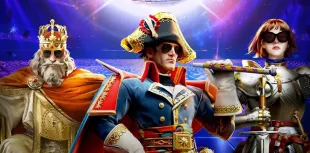
Is the Civilization: Eras & Allies 2K release date coming soon?
Do you like to put your strategic mind to the test, and do 4X games hold no secrets for you? If so, you're probably looking forward to Civilizati...
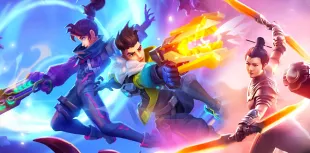
Recap #211: mobile games news of the week
In recap #211, we take a look at the week's must-have mobile games releases, mobile news and pre-registrations/test phases not to be missed. Sit...
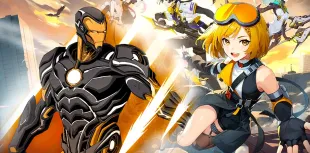
The top mobile games to try out in July 2025!
Don't know what to try out on your phone - on the move, at home or even in the toilet? Every second spent gaming has to be worthwhile, so the Mob...
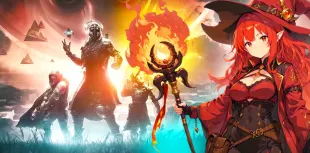
Recap #210: What's new this week in mobile gaming?
In recap #210, we take a look at the week's must-have mobile games releases, mobile news and pre-registrations/test phases not to be missed. Sit...

